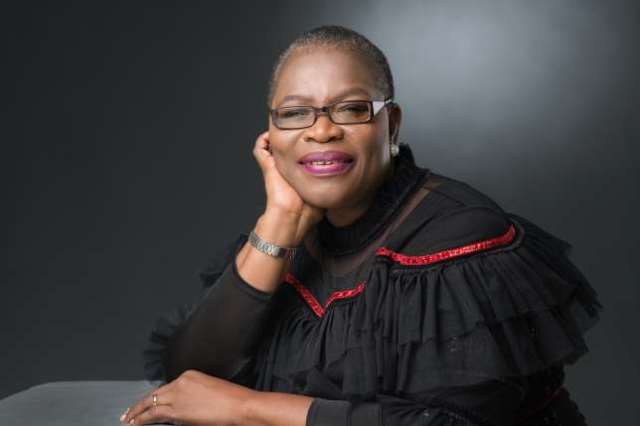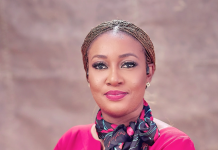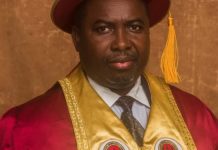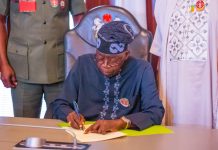The presidential candidate of the Allied Congress Party of Nigeria (ACPN) and former Minister of Education, Oby Ezekwesili, has vowed to prioritise human capital development and education if elected president of the county after next year’s presidential election.
Ezekwesili, whose entrance into the 2019 presidential race came as a surprise to many political observers and Nigerians, stated this while presenting her policies to the media in Lagos during the week, promising to invest massively in human capital development of Nigerians and make the teaching profession attractive to young Nigerians to attract the best brain.
The co-convener of the ‘Bring Back Our Girls’ movement, stressed that the country could not overcome the excruciating poverty in the country without investing in its citizenry, promising a complete reformation of the education sector in the country at all levels.
“Education and skills development of healthy Nigerian people shall be our number one priority. No matter what we do, we would never win the war on poverty without investing massively in human capital development. Education would be the new oil; my vision for education is that it would flourish and create a progressive society,” she said.
According to her, “Extreme poverty in Nigeria is increasing by nearly 6 people every minute. The time it will take me to deliver my speech today, about 250 Nigerians would have become extremely poor. Think about that for a second. But that is not even the worst part.
“According to the World Poverty Clock, if the current trend continue – or to put it another way, if we continue to elect this poverty- bringing APC/PDP leadership, the number of people living in extreme poverty in Nigeria would increase from about 88 million today to 120 million in 2030.
“That means that in the next 12 years, over 30 million more Nigerians will join the infamous number of extremely poor people who live on less than N700 per day.”
According to her, when a country has a GINI coefficient above 35 percent, it means the income inequality in that country is very high. Nigeria’s GINI coefficient is between 46 and 60 percent. Such levels of extreme inequality have all sorts of destabilising implications for the country. Tackling the inequality and lifting 80 million Nigerians out of poverty will be the mission of my presidency.
Speaking further, she identified and proffered solutions to seven “monstrous challenges” facing the country, promising purposeful leadership as means of tackling the challenges.
Ezekwesili admitted the defectiveness of the current structure of the country, stressing that the current system was counter-productive, promising to devolve power to the regions which would be encouraged to explore their natural resources.
“We would actively lead the national conversation on restructuring and devolution of powers which is needed if we are to make progress. Over-centralisation only favours the most powerful. Our governance philosophy will be one that favours the many, not just a powerful clique.
“We cannot abide this excessively powerful centre that overwhelms and reduces the regions with paternalistic ties to Abuja evident in the frequency of begging bowls and bail-out funds to states.
“The excessive powers of the federal government are partially responsible for the stunted growth and poverty of the states and regions. We shall lead an economic based dialogue for correcting the structural imbalance that has hobbled the regions and states and created the failure of our fiscal federalism in practice.”
The presidential candidate further said: “Too little productivity and competitiveness of the Nigerian economy: For a nation of our size and our potentials, our low real Gross Domestic Product of $375.77billion after 58 years of independence, is terribly underwhelming.
“This is unlike China which grew in double digits over almost three decades to become a $14trillion GDP economy, Nigeria’s growth has been trapped in cycles of boom and bust in the classic evidence of oil price volatility and effects of Dutch disease”.












